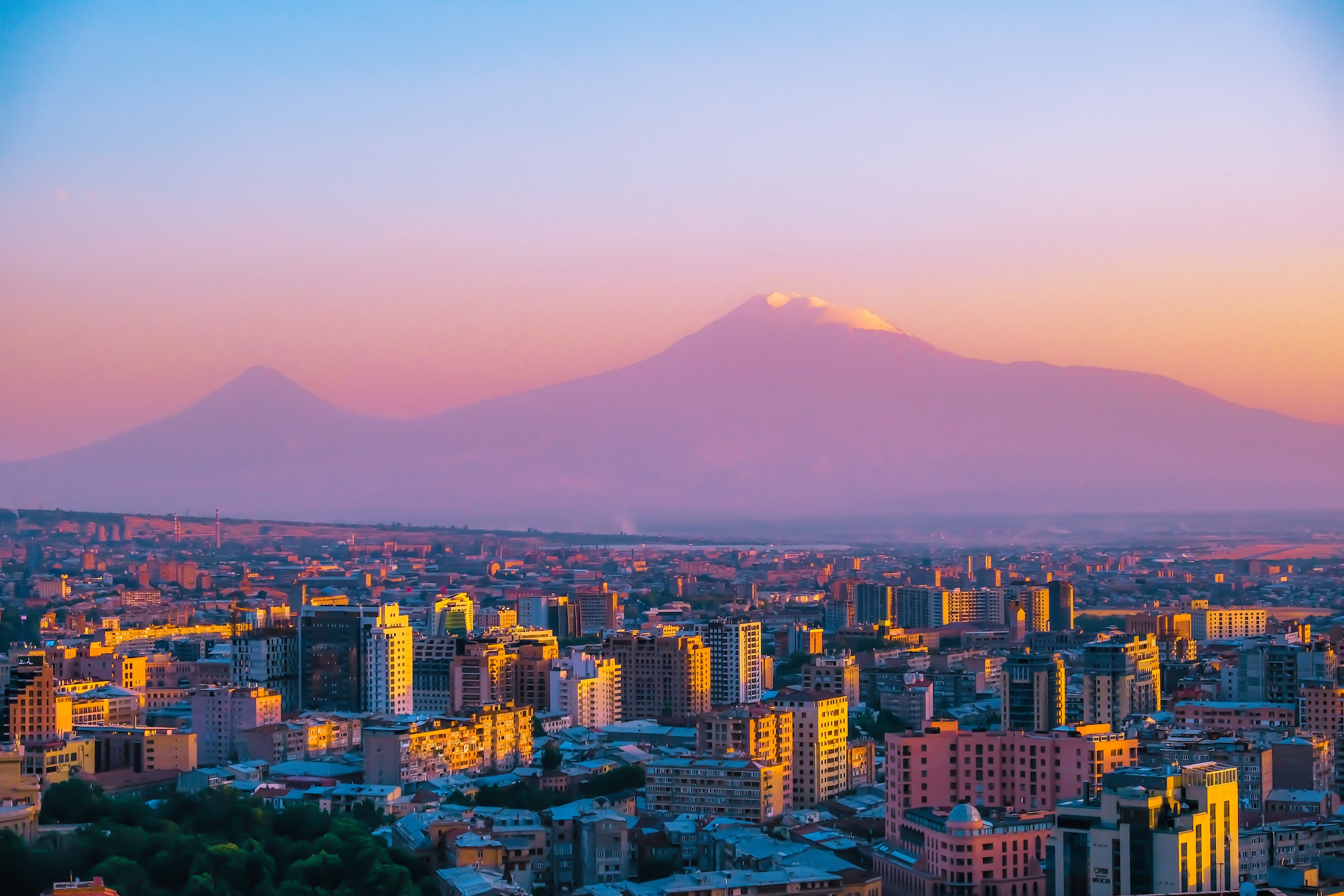The Autonomous State of Samoa, commonly known as Samoa, lies between New Zealand and Hawaii and is surrounded by the waters of the South Pacific Ocean. The State of Samoa includes two main islands: Savaii and Upolu and seven smaller islands. Samoa is an attractive jurisdiction that can be attractive to open an offshore company in Samoa because the state has complete political, economic, and social stability.
The crucial point is that if you decide to register a company in Samoa, then the recommended share capital should be equal to the amount of $ 1,000,000 (no capital payment is required).
In connection with a law passed by the state of Samoa in 1987, all activities of offshore companies are regulated by The International Companies Act. To register a company in Samoa, at least one founder is required. This founder can act as both a director and a shareholder.
Samoa provides individuals and companies with an idyllic tax haven to set up an offshore company. The islands are located close to the equator, which provides tourists and residents with a warm temperature climate all year round.
The Samoa International Financial Services Authority (SIFA) regulates the Samoan offshore sector since 2005 and offers two main offshore education products: an international company (IC) and a limited liability company (LLC), both of which offer clients superior offshore products at a very competitive price.
Samoa does not have negative associations in the world of offshore banking or offshore financial services, it has recently been under pressure from the Australian government to reform the offshore industry, which it has done in the past few years to appease global regulators.
The Samoan government is attracting international investors by modernizing its legislation and streamlining the company formation process – largely successful measures.
An offshore company from Samoa has many advantages over a traditional offshore company. An offshore company is exempt from local taxes, financial reporting, and any audit requirements.

Register a company in Samoa in such business structures as:
- International trust;
- International insurance company;
- International mutual investment fund;
- International special purpose company.
The meeting of directors and shareholders can be held anywhere in the world. Non-resident companies (i.e. re-registered overseas companies) are subject to 27% tax on their income earned in Samoa. Samoa has signed tax information exchange agreements with Australia, New Zealand, and some European countries. These agreements usually provide for the exchange of information upon request on criminal matters. The implementation of these agreements is governed by the Tax Information Exchange Act 2012. If you decide to open a company in Samoa, Samoa may require a Foreign Investment Registration Certificate. Businesses operating in Samoa also demand a business license that is renewed annually. Registered overseas companies are also required to file annual activity statements, but are not required to submit copies of financial reports to the Samoan Registrar of Companies.
If you decide to run your business in an island nation, you must first register a company in Samoa with the Ministry of Trade and Labor.
A group of islands located in the central part of the Pacific Ocean, in the very center of Polynesia, is Samoa. New Zealand is less than 3,000 km away, and Samoa and Hawaii are just over 4,000 km away.
Samoa has two main islands. Samoa has a predominantly indigenous population, these are Polynesians, but it should be noted that the British are also present. Samoa has a tropical climate, good hotels, and beautiful beaches. Samoa has been an independent and sovereign state since 1962. Its Constitution prescribes a three-tier legal system, which consists of the following bodies:
- Court of Appeal;
- Supreme Court;
- Lower courts.
Samoa’s legal system is based on the main principles of English common law. The Central Bank of Samoa has overall responsibility for monetary policy, manages the foreign exchange reserve, regulates commercial banks, and supervises the offshore companies of Samoa.
The local currency is the Samoan Tala. Residents of Samoa, unlike those who are related to offshore companies in Samoa, are subject to foreign exchange controls by the state.
The traditional economic orientation for the Pacific Ocean region is also characteristic of Samoa. These are fishing, agriculture, and tourism. It is tourism that provides up to 25% of Samoa’s GDP. To stabilize the economy, the government is taking measures to develop the financial sector.
Why is it profitable to register or buy offshore in Samoa?
- Political and social stability;
- Samoa is not blacklisted by the OECD and the FATF (a reputable jurisdiction);
- Ensuring the confidentiality of data on the owners of the company in Samoa at the legislative level;
- Good relations with economic and financial centers of other countries;
- Quite affordable registration cost, acceptable annual payments.







